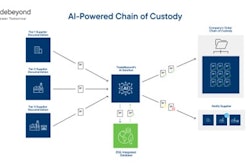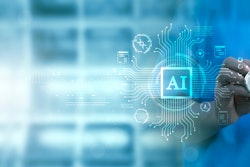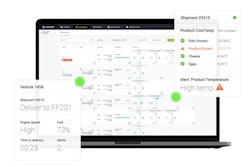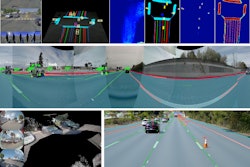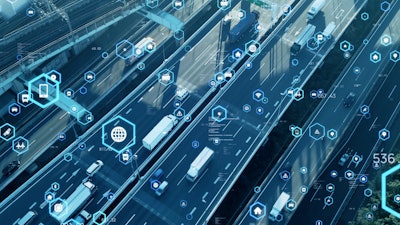
Chief supply chain officers (CSCOs) may be overly optimistic about the potential of generative AI (GenAI), and these misconceptions could have a negative impact on their talent strategies, according to Gartner, Inc.
With 64% of supply chains set to implement GenAI in some form this year,
Gartner’s data showed that supply chain led all functions in terms of both the number of executives that indicated they planned headcount reductions and the total amount of planned headcount to be reduced by 2025 from the deployment of GenAI.
“GenAI should be an opportunity for CSCOs to make good on many of their talent aspirations, including freeing their teams up for higher value work and attracting top-tier technical talent,” says Sam Berndt, senior research director in Gartner’s Supply Chain Practice. “However, our data shows that there is a real risk that many CSCOs will use GenAI to double down on poor assumptions that have already resulted in talent shortages, burnout and retention challenges for the function.”
Key takeaways:
- Misconception 1: GenAI is primarily about labor cost savings and efficiency. An overemphasis on labor cost reductions risks is not only being unrealistic, but also alienates the workforce as they see their prospects for long-term industry careers diminish.
- Misconception 2: GenAI threatens early career employees. Supply chain leaders indicate that most of the headcount reduction would fall on early career employees. For a function that already struggles with attracting and recruiting new talent, this assumption will only make it more difficult to fill and maintain talent pipelines.
- Misconception 3: GenAI is tangential to employees’ lives. Supply chain organizations have been slow to communicate how GenAI will impact the workforce. Without this communication, employees are filling the void with their own sources of information, speculation, and anxieties about future job security.





